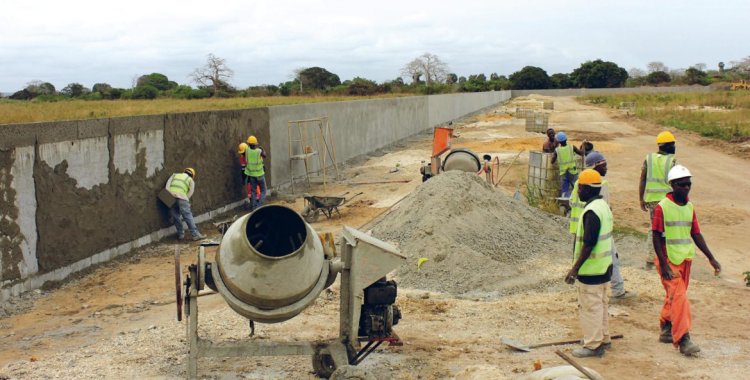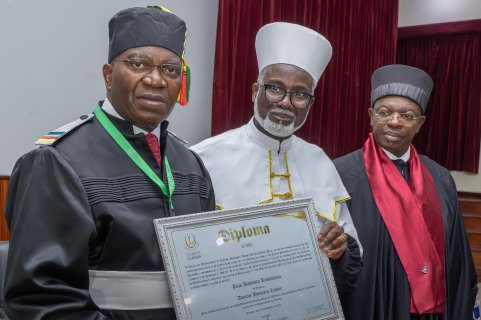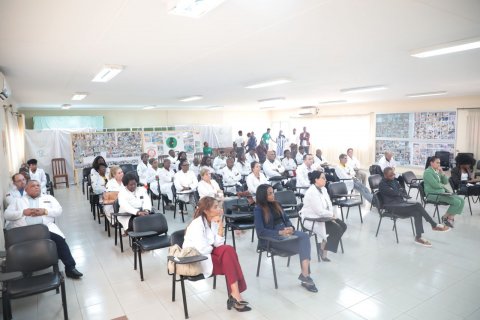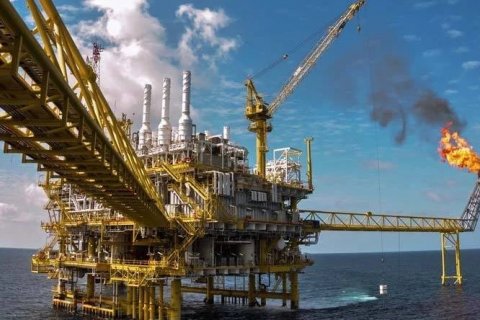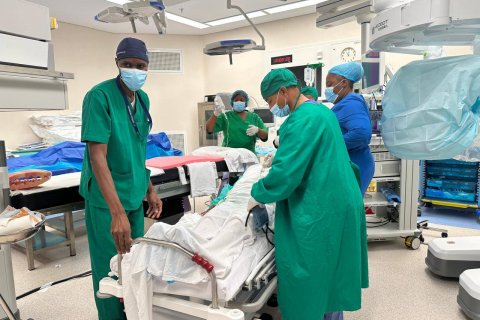Speaking to the Lusa news agency, the economist said that the disease also affects the oil sector, the main source of revenue for Angola, bearing in mind that China, the main importer of this Angolan 'commodity', has reduced its imports globally.
According to Precioso Domingos, the situation also makes "the prospects of exploring for oil in Angola less attractive, due to the price of the barrel.
"Certain oil exploration fields tend to have less margin for return, on the one hand. On the other hand, this is also reflected in less oil revenues, as the government foresees in the General State Budget (OGE) for 2020," he said.
Less oil revenues, the economist added, will necessarily be reflected in less international reserves, which Angola needs to service its debt, "which is very large," and may therefore partly compromise the government's plan to reduce it.
"I am also looking at China as the main source of imports in Angola today. China, since 2017, has dethroned Portugal from this position", he commented.
Although the difference "is residual," China now leads exports to Angola, a prospect that, according to the analyst, could provoke in Angola "a supply shock.
According to the economist, one of the sectors that is being most affected is construction, which, from a historical perspective, since 2002, has been considered the main sector of the non-oil economy.
"Just to get an idea, the bag of cement because of the Covid-19 has more than doubled in the Angolan markets, construction materials (...) have quickly exhausted the market, there are no stocks by the companies that sell, the warehouses, and this is inflating prices in this sector and other goods that come from China," he said.
The increase in the inflation rate, which the government has forecast for this year by 25 percent, is also one of the consequences of the coronavirus for the Angolan economy, aggravated by a possible increase in fuel prices.
"I am predicting higher inflation", unless "the government gives up or wants to delay further the increase in fuel prices", he admitted.
Domingos Precioso stressed that the revenues for the government "are still the same" because when the state budget is drawn up and projections are made, risks are not taken into account.
"The Government has mainly made the SGB and others of its documents in a perspective of no risk or in a perspective that all other variables are constant. This is not the case, and the government has not taken this into account", he stressed.
One of these risks "is the government insisting on a price of a barrel of oil at the State Budget very close to the border. Unlike Russia, which since the last oil crisis has been assuming a conservative price of 40 dollars (...) no longer in Angola," he said, adding that an overestimated price is always assumed.
For the Angolan economist, the whole picture described, "is also a situation that the International Monetary Fund (IMF) will have to take into account, to see how the programme can be adjusted, especially if the current situation persists".
The Covid-19 outbreak, which can cause respiratory infections such as pneumonia, has caused more than 3,200 deaths and infected more than 93,000 people in 78 countries, including eight in Portugal.
In Africa, in addition to Nigeria, Egypt and Algeria, cases have been identified in Morocco, Tunisia and Senegal.
The World Health Organization (WHO) has declared the Covid-19 outbreak as an international public health emergency and increased the risk to "very high".

